Los Angeles Faces Unrest as Immigration Raids Lead to Protests and Vandalism
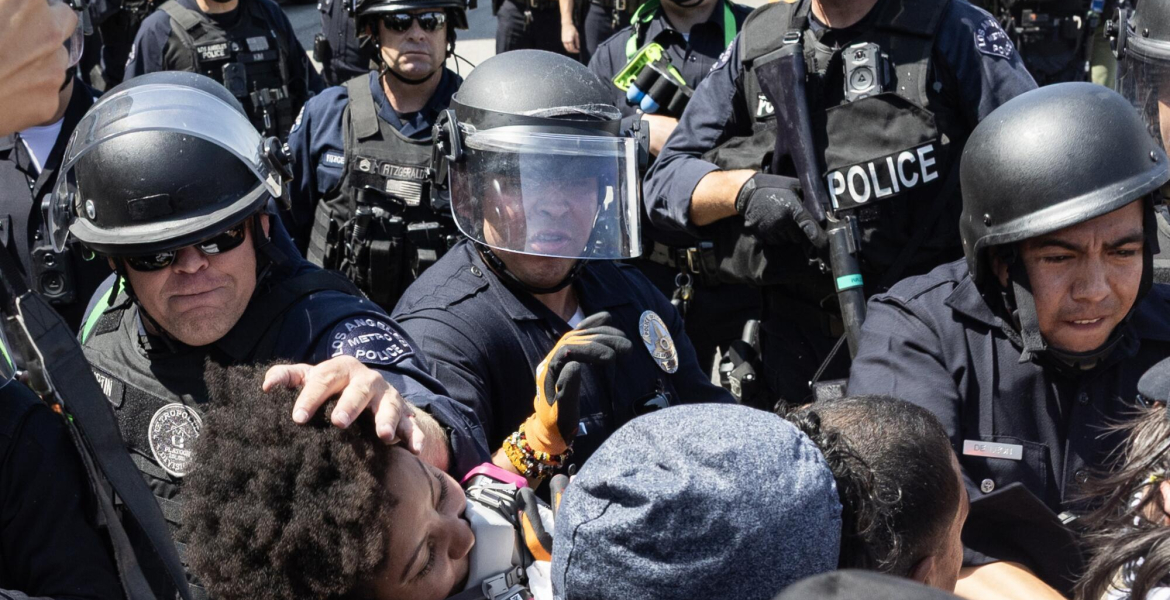
Los Angeles is currently the focal point of escalating political and social unrest following a series of federal immigration raids that have triggered widespread protests and confrontations.
The initial demonstrations, which began in response to the operations conducted by Immigration and Customs Enforcement (ICE), have intensified, leading to clashes between protesters and law enforcement. In response, President Donald Trump has deployed thousands of National Guard troops and US Marines to the city, a move that has ignited a fierce debate over federal authority, state sovereignty, and the implications of immigration enforcement in one of America's most diverse urban centres.
The protests originated on Friday, after reports surfaced detailing large-scale ICE raids in neighbourhoods with sizable Latino populations. These operations resulted in the arrest of over 120 undocumented immigrants in a single day. This enforcement action is part of the Trump administration's intensified crackdown on illegal immigration, with the stated intention of conducting what it terms the "largest deportation operation" in the US history.
The initiative targets both workplaces and residential areas in major metropolitan areas. Los Angeles, a city of nearly four million residents, has historically served as a sanctuary for immigrant communities. With over one-third of its population born outside the United States, the city has often resisted federal immigration enforcement efforts. The recent raids, however, have resonated deeply, particularly in areas like Paramount and Westlake, where Hispanic residents constitute a significant majority.
Reports of ICE agents entering workplaces and detaining individuals in public spaces have fostered widespread anger and apprehension within these communities. Initially, demonstrations were peaceful, but tensions rose over the weekend as protesters clashed with law enforcement. Acts of vandalism occurred, including the setting ablaze of self-driving vehicles, and major highways, such as the 101 Freeway, were temporarily blocked.
The downtown Federal Building became a central point of contention following allegations that ICE detainees were being held there. Protesters surrounded the building, leading to confrontations with police, who responded with tear gas, flash-bang grenades, and pepper spray. In response to the escalating unrest, President Trump ordered the deployment of 2,000 National Guard troops to Los Angeles on Saturday. This decision immediately faced backlash from California officials, including Governor Gavin Newsom and Los Angeles Mayor Karen Bass, who asserted that local authorities were capable of managing the situation.
Despite these objections, Trump reinforced the federal presence on Monday, sending an additional 2,000 troops and 700 Marines to support federal agents.
This deployment marks a rare instance of federal forces being activated without a request from the state governor, leading to legal challenges. Governor Newsom has accused the Trump administration of infringing upon state sovereignty, filing a lawsuit arguing that the deployment exceeds federal authority. California Attorney General Rob Bonta echoed these concerns, characterising the intervention as an "inflammatory escalation unsupported by conditions on the ground."
The crisis in Los Angeles has quickly developed into a national political conflict. President Trump has characterised the protests as a rebellion against federal authority, justifying his decision to bypass state officials. His administration has defended the deployment as necessary to protect federal agents and maintain order.
The protests have resulted in numerous arrests. The Los Angeles Police Department reported 29 arrests on Saturday and another 27 on Sunday. On Monday night, Mayor Bass confirmed that over 100 people had been detained, primarily for unlawful assembly. In San Francisco, which has also experienced demonstrations, police arrested 60 individuals following clashes with law enforcement.
The unrest has also affected businesses and infrastructure. Several stores have been looted, and public buildings, including the LAPD headquarters, have been vandalised. The city's image has been negatively impacted, particularly as Los Angeles prepares to host major international events such as the World Cup and the 2028 Olympics. Mayor Bass has urged residents to focus on rebuilding and restoring the city's reputation.

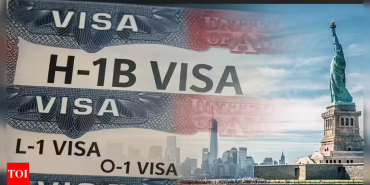
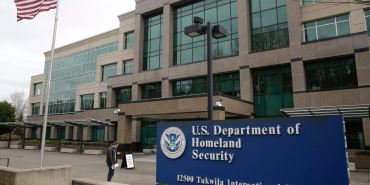
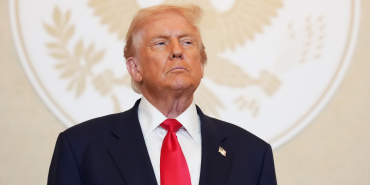
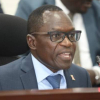
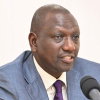

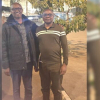
Add new comment